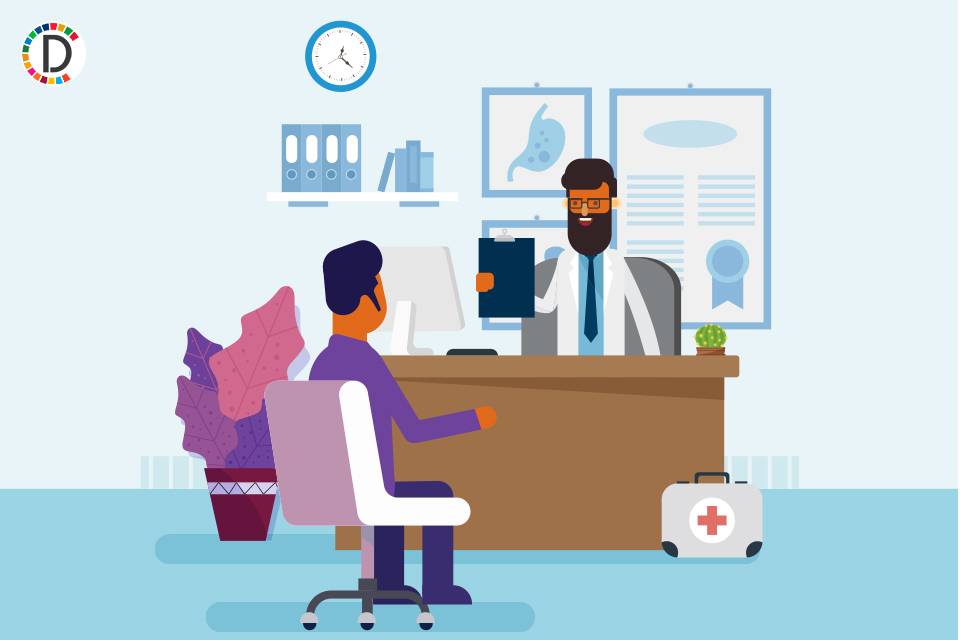Hangxiety: Navigating the Morning-After Jitters
Hangxiety, or hangover anxiety, affects 22% of social drinkers as alcohol impacts brain chemistry. Genetic predisposition, behavior during drinking, and preexisting anxiety influence its severity. Strategies like limiting alcohol consumption, hydration, mindfulness, and seeking support can alleviate symptoms, offering relief from this unwanted post-party consequence.

- Country:
- Germany
After a night out, many social drinkers wake up to a wave of anxiety, known as 'hangxiety,' affecting 22% of this group. Hangxiety, or hangover-induced anxiety, arises as the brain adjusts neurotransmitter levels altered by alcohol, often leading to heightened emotional and alertness levels.
Genetics significantly influence hangxiety; they determine one's sensitivity to hangover discomfort and anxiety. Additionally, actions and conversations under alcohol's influence can contribute, potentially trapping individuals in cycles of regret and worry that exacerbate anxiety symptoms.
Strategies like moderating alcohol intake, maintaining hydration, practicing mindfulness, and talking to a friend can mitigate hangxiety. Understanding its causes and management helps lessen anxiety's grip after a night's festivities.
(With inputs from agencies.)
ALSO READ
National Treasury Invites Stakeholder Feedback on Tax Policy Reviews for Alcohol, Carbon Emissions, and Investment Schemes
Economic Woes and Violent Outbursts: China's Struggle with Mental Health
Violence in the Shadows: Mental Health Crisis in China
Heatwaves and Heartache: The Impact of Climate Change on Youth Mental Health
Tragic Loss: Australian Teenager Dies from Tainted Alcohol Poisoning










